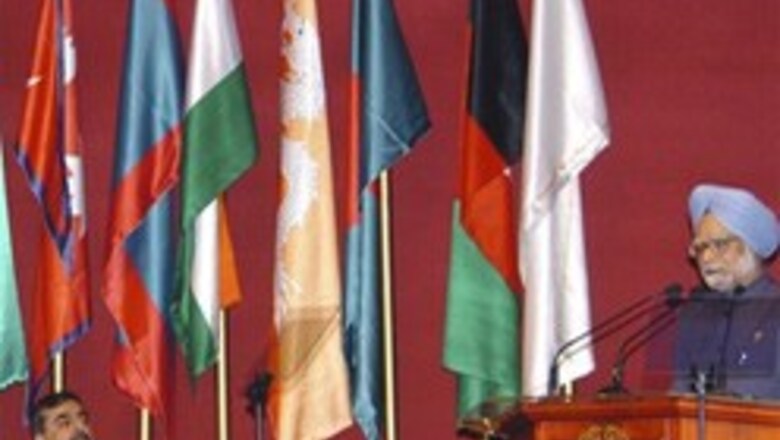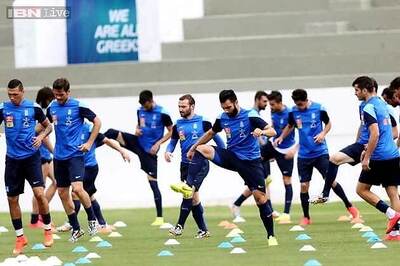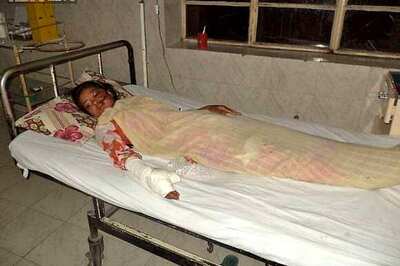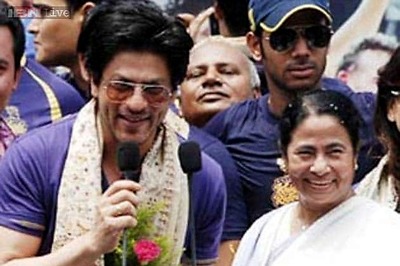
views
Colombo: Pakistan has offered to investigate last month's bomb attack on India's embassy in Kabul that killed two Indian diplomats among 58 people, India's top foreign ministry official said on Saturday.
The Kabul attack, a ceasefire breach, and media speculation about Pakistani links to a series of bombings on Indian cities last month have jeopardised a four-year-old peace initiative between the two nuclear-armed rivals.
Pakistan Prime Minister Yousaf Raza Gilani told his Indian counterpart Manmohan Singh that he would also discuss the bombing with the Afghanistan president on Sunday.
"Prime Minister Gilani said that he would conduct an independent investigation," India's Foreign Secretary, Shiv Shankar Menon, told reporters. Menon said Gilani also asked Singh to share any information India might have on the attack.
"He said he would look into the matter and try and get to the root of it." Gilani and Singh met on the sidelines of a South Asian summit on Saturday in a tense atmosphere after India said on Friday recent events had brought their peace process to its lowest ebb since its launch in 2004.
"So the two prime ministers naturally reviewed where we are in the process of normalising an improving India-Pak relations," Menon said.
"The (Indian) prime minister was relatively frank in expressing his concerns about recent events which have had an impact on the relationship and on the prospects of the dialogue." India blames Pakistan for a breach of a 2003 ceasefire on its de facto border in Kashmir, the Himalayan region at the core of their disputes, and accuses its military spy agency of involvement in the Kabul attack, a charge Pakistan denies.
There have been three exchanges of border fire this month, the most serious breach since the ceasefire began in 2003.
India also says Islamabad is not doing enough to curb Pakistan-based anti-Indian groups "inciting terror" in India, putting their peace process "under stress". The two sides began a peace initiative four years ago, after coming close to a fourth war in 2002, but the process has faltered because of political turmoil in Pakistan and, more recently, after the bombings in Kabul and two Indian cities last month in which nearly 50 people were killed.
"Both sides expressed the determination that we need to overcome these events and to move back on to the track of improving relations," Menon said. "It was a candid and open conversation between two people who both wanted to see a way forward in this situation."
The atmosphere of unease between two of the region's biggest and most powerful members has affected the South Asian Association for Regional Cooperation (SAARC) summit, where terrorism has dominated the otherwise central theme of trade and social cooperation.




















Comments
0 comment